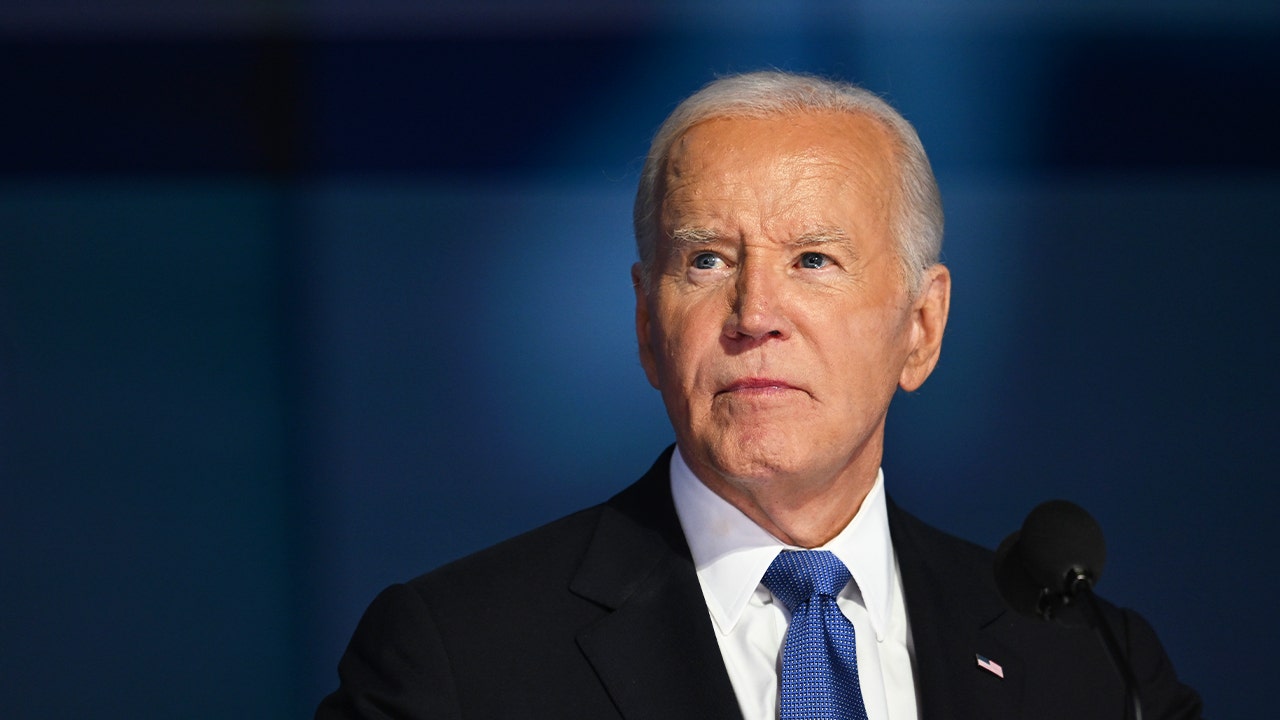8/11/2024–|Last updated: 11/8/202409:43 PM (Mecca time)
China unveiled a 10 trillion yuan ($1.4 trillion) program to deal with the local government debt crisis, as authorities seek to shore up its slowing economy in the face of new risks arising from the re-election. Donald Trump President of the United States, according to a Bloomberg report.
Details of the debt conversion programme, approved by the Standing Committee of the People's Congress of China, were presented during a press conference in Beijing, with a promise to provide financing until 2028.
Finance Minister Lan Fuan stressed that fiscal policy will become “more aggressive” next year, while exploiting the “space available” to increase the official deficit, indicating the possibility of taking bolder steps to support the economy.
Although the size of the plan is in line with most economists' expectations, markets were “disappointed” by the lack of direct public spending to boost Economic growthAt a time when Trump's victory added pressure to tighten policies to support domestic demand and offset the impact of the expected decline in exports as a result of Trump's threats to impose… Definitions New.
Chinese program details
Announcing the details of the program led to a decline in the yuan in the external market by 0.6%, reaching 7.1891 against the dollar, while 10-year government bond yields fell to their lowest levels since last September.
The president described Xi Jinping Local government debt is one of the “major economic and financial risks” facing the country, as much of this debt depends on local financing entities that represent cities and provinces, and invest in infrastructure.
The Minister of Finance confirmed that raising the domestic debt ceiling will enable governments to issue additional special bonds worth 6 trillion yuan (about 837 billion dollars) over a period of 3 years to cover the “hidden” debts, while allocating an additional annual quota of 4 trillion yuan (about 558 billion dollars) for a period. 5 years including 2024, for the same purposes.
According to the International Monetary Fund, hidden debt is a debt owed by a national or local government, but which is not disclosed to its citizens or other creditors.
The government estimated that this program may contribute to saving about 600 billion yuan (about 84 billion dollars) in interest payments within 5 years, allowing resources to be directed towards enhancing investment and consumption.
This measure will particularly allow local authorities to borrow more to purchase vacant land or unfinished real estate projects, with the aim of pulling the real estate sector out of its current stagnation.
Investor concerns
Kevin Nett, head of the Asian Equities Department at Financier DL Equier, explained that the markets expect “additional stimulus measures” as soon as the effects of the current policy become apparent, especially with the clarification of the political directions of the US administration under Trump’s presidency early next year.
Some analysts, such as Bernie Akhong, director of investments at UBS, in an interview with Bloomberg, indicated that the absence of direct measures to support domestic demand has disappointed investors, expressing his hope to see a “direct impact” stimulus package worth up to two trillion. Yuan ($279 billion).
The Bloomberg report expected that Chinese policymakers will seek to take broader steps to support the economy during the meeting of the Central Economic Work Committee in December, where it will discuss new policies to boost growth.
Fears of Trump
During his election campaign, the US President-elect promised to impose 60% tariffs on imported Chinese products. This – if implemented – threatens to worsen the situation of the Chinese economy.
Many analysts say that Beijing wants to mitigate the consequences that could have a severe impact on it by taking strong economic measures.






